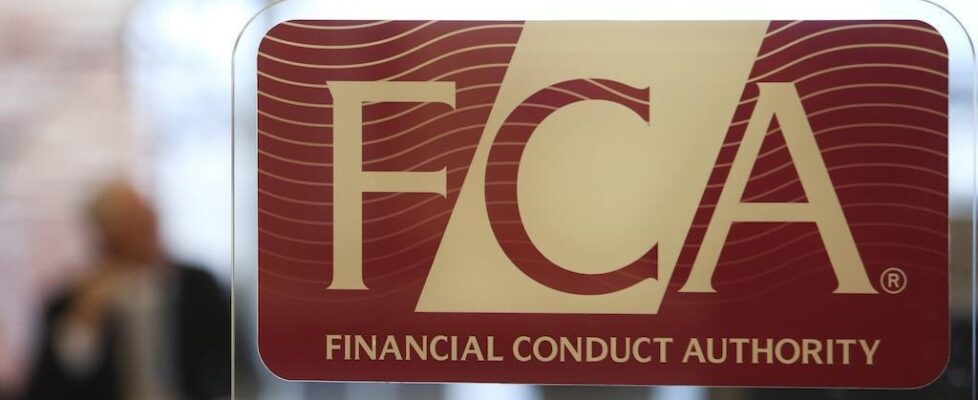FCA confirms ban on mass-marketing of speculative mini-bonds
The scandal around the collapse of London Capital & Finance has had numerous consequences, including focusing regulatory attention on speculative mini-bonds.
Today, the UK Financial Conduct Authority (FCA) confirmed proposals to permanently ban the mass-marketing of speculative illiquid securities – including speculative mini-bonds – to retail investors.
The term mini-bond refers to a range of investments. The ban will apply to the most complex and opaque arrangements where the funds raised are used to lend to a third party, or to buy or acquire investments, or to buy or fund the construction of property. There are various exemptions including for listed bonds which are regularly traded, companies which raise funds for their own commercial or industrial activities, and products which fund a single UK income-generating property investment.
A temporary ban was introduced without consultation in January following serious concerns that speculative mini-bonds were being promoted to retail investors who neither understood the risks involved, nor could afford the potential financial losses.
The new rules will come into effect on January 1, 2021 and include a small number of changes to the temporary ban, following a consultation launched in June. This includes bringing listed bonds with similar features to other speculative illiquid securities, and which are not regularly traded, within the scope of the ban.
The FCA ban will mean that products caught by the rules can only be promoted to investors that firms know are sophisticated or high net worth. Marketing material produced or approved by an authorised firm will also have to include a specific risk warning and disclose any costs or payments to third parties that are deducted from the money raised from investors.
Protecting consumers from harm in the investment market was identified as a priority in the FCA’s 2020/21 Business Plan. As part of that work, the FCA is currently reviewing feedback to its Call for Input on how the consumer investments market can be improved.
The regulator has also made clear that online platforms, such as Google, play an increasingly significant role in communicating financial promotions to consumers. These firms need to do more to fight fraud and misleading adverts and bear clear legal liability for the financial promotions they highlight.
The FCA says it is taking action where it identifies concerns, for example by stopping financial promotions by unregulated firms that wrongly claim that their activities are exempt from the rules. In 2020, so far, the FCA has issued 1,130 alerts to consumers.





